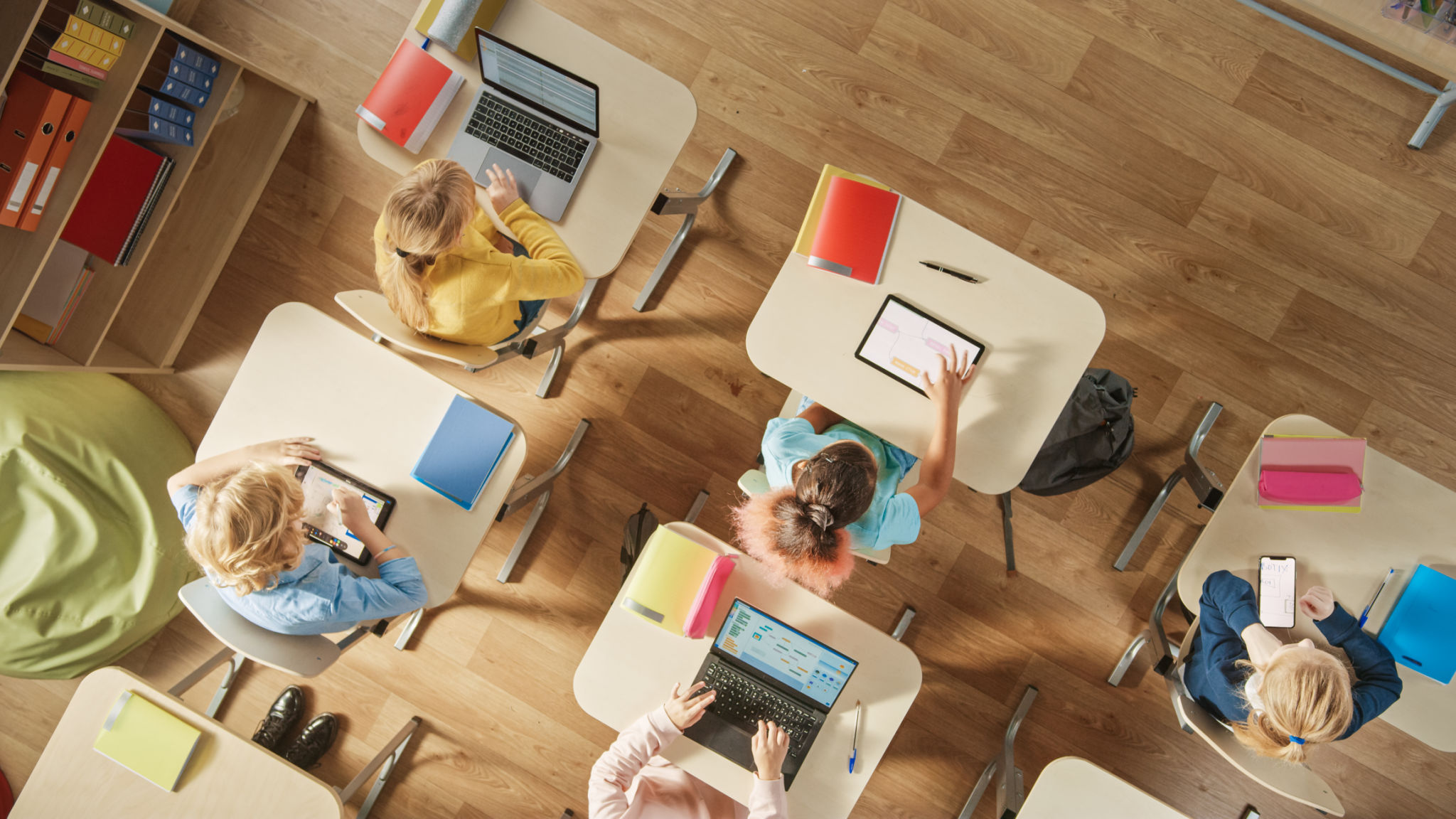The Future of Learning: How Hybrid Education is Shaping Purpose-Driven Lives
The Rise of Hybrid Education
In recent years, the landscape of education has undergone a significant transformation. The traditional classroom setting is being redefined by the emergence of hybrid education, which combines online and in-person learning experiences. This shift is not just about convenience or adapting to technological advancements; it's about shaping purpose-driven lives by providing learners with flexible and personalized educational journeys.
Hybrid education offers a unique opportunity to blend the best of both worlds. Students can benefit from the digital resources and interactive tools available online while still engaging in meaningful face-to-face interactions with peers and educators. This model emphasizes the importance of adaptability, encouraging students to develop skills that are crucial for success in the modern world.

Personalized Learning Experiences
One of the most compelling aspects of hybrid education is its ability to deliver personalized learning experiences. Through the use of data analytics and AI, educational platforms can tailor content to meet individual needs and learning paces. This personalization empowers students to take control of their education, fostering a sense of ownership and responsibility.
Moreover, hybrid education supports diverse learning styles. Whether a student is a visual learner who thrives on multimedia content or an auditory learner who benefits from podcasts and discussions, this model provides a variety of formats to cater to different preferences. This adaptability helps in crafting an educational journey that aligns with each student's unique strengths and interests.

Developing Essential Life Skills
As students navigate through hybrid education models, they are not only acquiring academic knowledge but also developing essential life skills. The ability to effectively manage time, prioritize tasks, and work independently are just a few competencies that hybrid education fosters. These skills are vital in nurturing purpose-driven individuals who can thrive in any professional environment.
Additionally, hybrid education encourages collaboration and communication. By participating in online forums, group projects, and virtual discussions, students learn how to articulate their thoughts clearly and work as part of a team, even when separated by physical distances. These experiences prepare them for the globalized workforce, where remote work and digital communication are increasingly common.

Challenges and Opportunities
While hybrid education offers numerous benefits, it also presents certain challenges. Ensuring equitable access to technology and resources remains a significant concern. Not all students have the same level of access to digital devices or reliable internet connectivity, which can create disparities in educational opportunities.
However, these challenges also present opportunities for innovation and improvement. Educational institutions are exploring ways to bridge these gaps by providing devices, improving internet infrastructure, and designing curriculum that accommodates varying levels of access. By addressing these issues, hybrid education has the potential to become more inclusive and effective.
The Future of Learning
The future of learning is undoubtedly being shaped by hybrid education models that prioritize flexibility, accessibility, and personalization. As technology continues to evolve, so too will the methods we use to educate future generations. This evolution promises not only to enhance academic outcomes but also to cultivate individuals who are prepared to lead purposeful and impactful lives.
Ultimately, hybrid education represents a paradigm shift toward a more holistic approach to learning. It acknowledges that education is not a one-size-fits-all endeavor but rather a dynamic journey that should be customized to support each student's path to discovery and growth.

